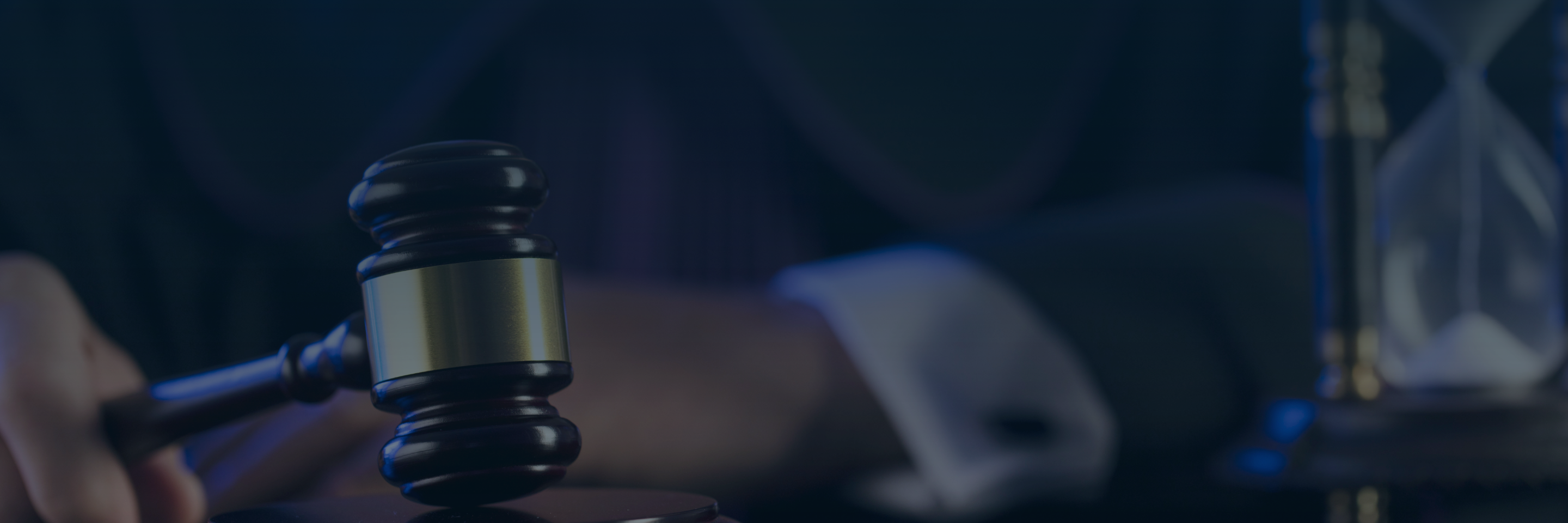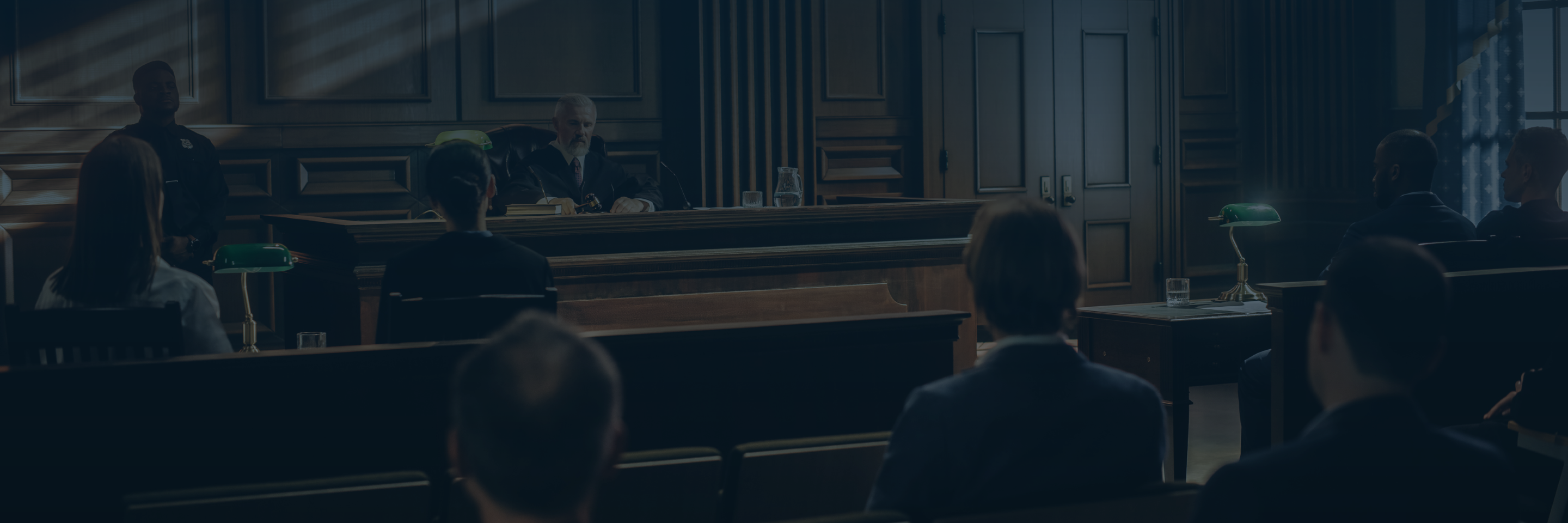Written By: Bryan Sansom and Hudson Chalmers, Summer Student
In personal injury trials, both the plaintiff and defendant will want to tender expert evidence in support of their claims. Expert evidence is often essential to the litigation process as it enables a judge and jury to understand highly technical matters in issue. The nature of expert evidence and its allure of scientific infallibility, however, gives rise to the potential that the expert will highjack the fact-finding function of the court. Consequently, there are strict rules of evidence that experts must comply with.
In order to provide expert opinion evidence at trial, an expert must meet the threshold requirements of admissibility, which are: (1) that the evidence must be logically relevant; (2) the evidence must be necessary to assist the trier of fact; (3) there must be no other exclusionary rule; and (4) the expert must be properly qualified, which includes the requirement that the expert be willing and able to fulfil their duty to the court and provide evidence that is impartial, independent, and unbiased.
Expert witnesses engaged by a party in litigation are required to acknowledge their duty to the court by executing a Form 53 pursuant to Rule 53.03. This form sets out which party engaged the expert to provide evidence, and acknowledges that the expert has a duty to provide evidence in relation to the proceeding that is objective, related only to matters within their expertise, and to provide any additional assistance required by the court. Specifically, the expert acknowledges a duty to the court above any obligation to the party by whom they were engaged. The purpose behind this Form is to prevent the use of “hired guns” – an expert witness retained and paid by a party to advocate on its behalf.
An expert who is not retained for the purpose of litigation but who participated in the patient’s treatment may provide expert opinion in respect of that patient without executing a Form 53. This allows doctors who participated in the injured party’s care to testify about any of their observations, opinions, and conclusions relating to the patient’s diagnosis, course of treatment, and prognosis. Treating healthcare practitioners are exempt because their opinion was formed within the ordinary exercise of their expertise and their opinion is presumed not to be biased or influenced by a party in litigation who retained them. If the expert goes beyond this scope, and provides opinions formed for the purpose of assisting the court at trial rather than just what they observed while the patient was in their care, the expert would have to conform with Rule 53.03 in order for their evidence to be admissible.[1]
Once the expert has satisfied the four threshold requirements above, it is left to the discretion of the judge as to whether the expert can provide their opinion. The judge weighs the probative value against the prejudicial effect of the expert’s evidence to determine whether that evidence should be admitted.[2]
One of the court’s concerns at trial is fairness. Allowing an expert witness to give biased or otherwise misleading evidence could compromise a fair trial and deny the parties’ access to justice. The Rules of Civil Procedure and case law continue to uphold a high standard for expert testimony which helps promote just results at trial.
[1] Westerhof v Gee Estate, 2015 ONCA 206
[2] White Burgess Langille Inman v Abbott and Haliburton Co 2015 SCC 23, at paras 53 and 54






